One of the things I most enjoy about George Orwell is his love of tobacco. It was essential to him all his life, even near the end when his lungs were failing (Nineteen Eighty-Four was typed up on Jura in a bedroom hazy with cigarette smoke). My preferred instance of this love, however, is his lament in Homage to Catalonia that, on the frontlines of the Spanish Civil War, ‘[t]he shortage of tobacco was the worst of all’ – not, you note, the shortages of food and clothes (or the threat of Fascist snipers).
In a world where smoking, while still more common among the poor, is demonised and nigh outlawed by snivelling health officials, it is quite a delight to recall a time when cigarettes were as ordinary and as everyday as smartphones are now.
There is, then, a tension between Orwell’s moorings in time and his continuing relevance – and this is the key, I think, to why he remains such a popular writer. Many of the battles he fought seem almost like ancient history, and yet Orwell remains. The Etonian ‘rebel in love with 1910’ (Cyril Connolly’s crisp – and apt – description of his friend) who frequently and sometimes rather moistly valourised a pre-first world war Edwardian utopia, the radical internationalist socialist who venerated English tradition and patriotism – he still speaks to us even now. Why is this? Because, I think, of the way he conducted himself and for what he struggled to uphold – namely, the freedom of the individual and the need for moral decency in a world riven by terror and evil and bigotry.
The allure of Orwell is also deeply personal: he has long entranced me. I was lucky enough to take a course at the University of Edinburgh devoted solely to Orwell (not many authors can boast such an honour) and went on to write my undergraduate dissertation on him. In 2003 (the centenary of Eric Arthur Blair’s birth) D.J. Taylor captured this aspect particularly well in his biography Orwell: The Life:
‘Orwell has obsessed me for the best part of a quarter of a century. … Always in my adolescence, Orwell was there, the ghostly figure on the back of the book jacket urging me on. … Were I ever to meet his shade… I should say what Philip Larkin maintained that he said to Cyril Connolly when the two of them were introduced at Auden’s memorial service: “Sir, you formed me”.’
Now, 20 years on from what was for a long time the definitive Orwell biography, Taylor has produced Orwell: The New Life. Written from scratch and incorporating new material, The New Life has replaced its ancestor as the Orwell biography: this is, I think, a spectacular achievement (and one can only salivate at the thought of how good the 2043 biography will be).
Much of the new material involves Orwell’s dealings with two formidable ladies named Brenda Salkeld and Eleanor Jaques, who intermittently resisted and succumbed to Orwell’s charms. Another and, alas, rather disturbing post-2003 discovery involves Jacintha Buddicom, Orwell’s sort-of childhood sweetheart. Taylor relates that, ‘we now know that…[during a walk on September 4 1921] Orwell tried to force himself upon Jacintha, who fled back to the house in tears, with her clothing torn, [and] locked herself in her room’. This makes Orwell’s constant importuning of women seem slightly more sinister than it did before. In Orwell’s defence, Jacintha herself later reinitiated contact and appeared to regret treating him as as she did; and all of Orwell’s other sexual adventures, so far as we know, were consensual. Still, this does cast a rather unpleasant light on Orwell – and it would have been nice to read Taylor considering whether it should affect our view of him today, rather than merely describing it before moving quickly on.
This leads me to two small disappointments with The New Life. Taylor’s literary treatment of all of Orwell’s books is exemplary (his analysis of Keep the Aspidistra Flying is particularly good), but Animal Farm is rather perfunctorily passed by. And Taylor does not give enough time to Orwell’s denial that Nineteen-Eighty Four was an attack on socialism and his reaffirmation of his commitment to the socialist cause in the face of attempts by anti-communist reactionaries to seize upon the novel as a vindication of their worldview.
It is worth noting here that the (often perverse) appropriations of his work have no bearing on why Orwell remains. The power of his writing was appreciated by socialist dissidents in Eastern Europe (Ukrainian dissidents being one resonant example) long before cold warriors lionised him. And his relevance today, in this age of resurgent Russian imperialism and the reactionary axis represented by the unfortunately titled National Conservatism movement, has little to do with the uses, many of them spurious, to which he has been put.
The New Life, let me repeat, is now the essential Orwell biography. Some of its best sections are the mini-chapters on his life and times which break up the main narrative – some old, some new – especially the one which gives us the delightful detail that Orwell probably sounded like Alan Rickman. Taylor seamlessly transitions between the personal, political and professional aspects of Orwell’s life, and is exceptional on the literary context in which he operated.
George Orwell was a peculiar and brilliant man, a self-mythologiser drenched in the unceasing interpretations – hagiographic, demonological, and otherwise – of others, then and since. He was a man who watched, who saw and who transformed what he saw into immortal prose. But the real life of Orwell is much more enthralling than the legend that he and others created.
Orwell has attracted critics of many varieties, from feminists to Stalinists, and yet in the face of his achievements all of these attempts to tear him down amount to, as Taylor puts it, ‘watching a small child trying to bring down an elephant with a pea-shooter’. Taylor beautifully argues for Orwell’s universality and for the core ideal he espoused: that is, liberty from ‘those malign exterior forces, vengeful and insistent, that are bent on stopping us from living in conditions of peace, freedom and self-determination – and all the other abstract nouns whose desirability Orwell spent his short lifetime in proclaiming’.
Ultimately, Orwell, was, in the words of another much-missed writer, Christopher Hitchens, ‘essentially right about the three great twentieth-century issues of fascism, Stalinism, and empire’. Orwell was not just right about but valiant in the causes he held most dear. One can only grieve that his voice is long gone while celebrating that his way of thinking and his principles remain available to us as bulwarks against ‘all the smelly little orthodoxies’ he so abhorred. Orwell endures. And probably always will.
Got something to add? Join the discussion and comment below.
Get 10 issues for just $10
Subscribe to The Spectator Australia today for the next 10 magazine issues, plus full online access, for just $10.
You might disagree with half of it, but you’ll enjoy reading all of it. Try your first month for free, then just $2 a week for the remainder of your first year.

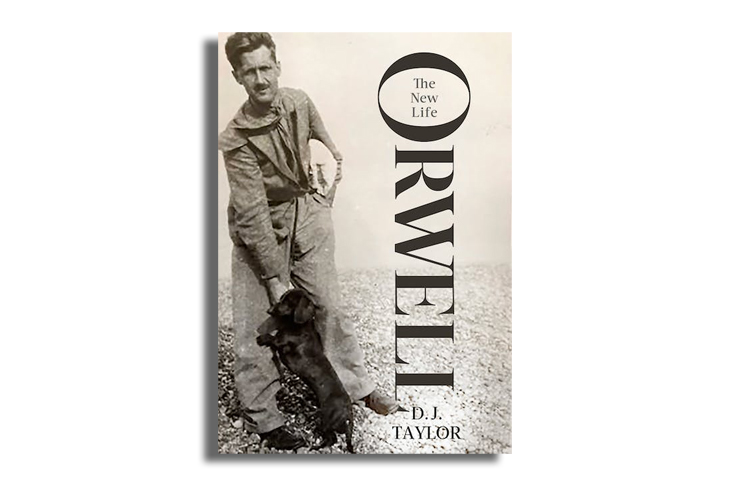
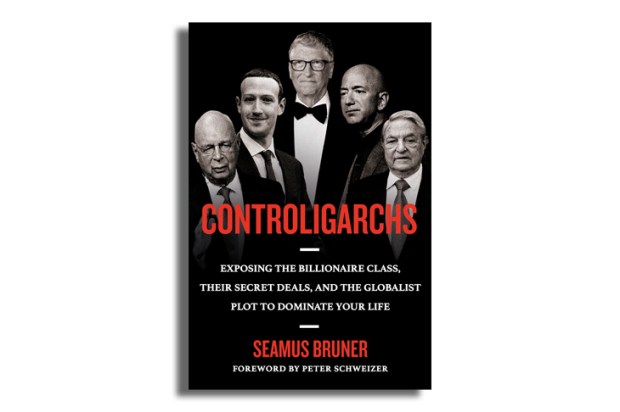
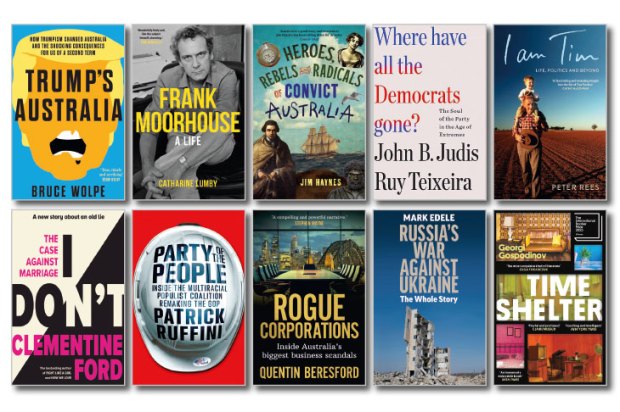
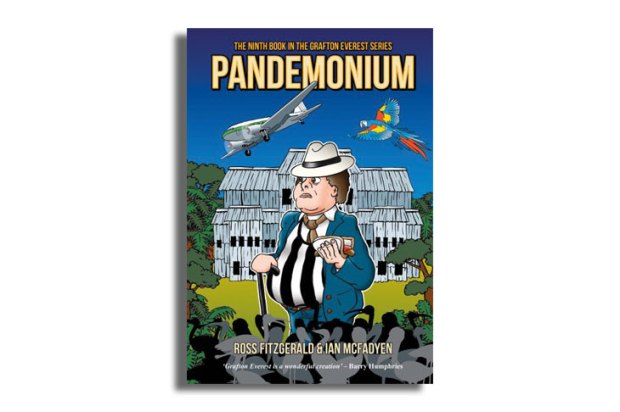
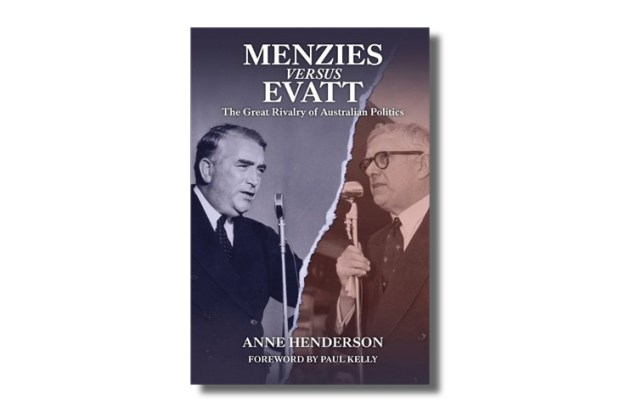
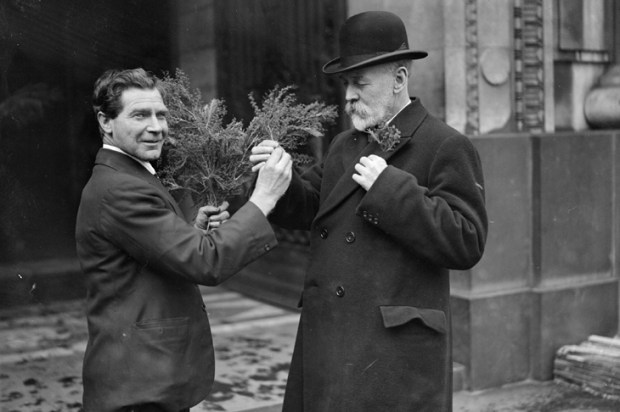
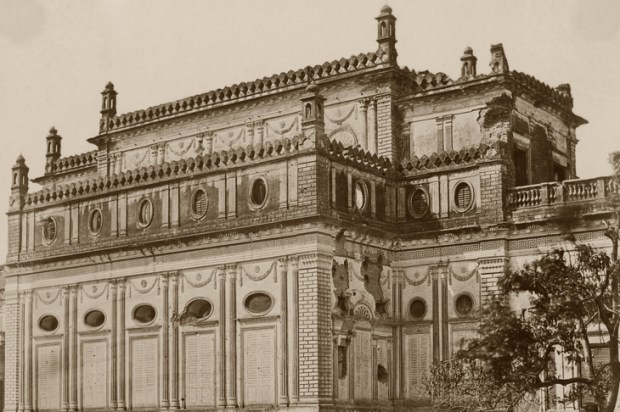






Comments
Don't miss out
Join the conversation with other Spectator Australia readers. Subscribe to leave a comment.
SUBSCRIBEAlready a subscriber? Log in